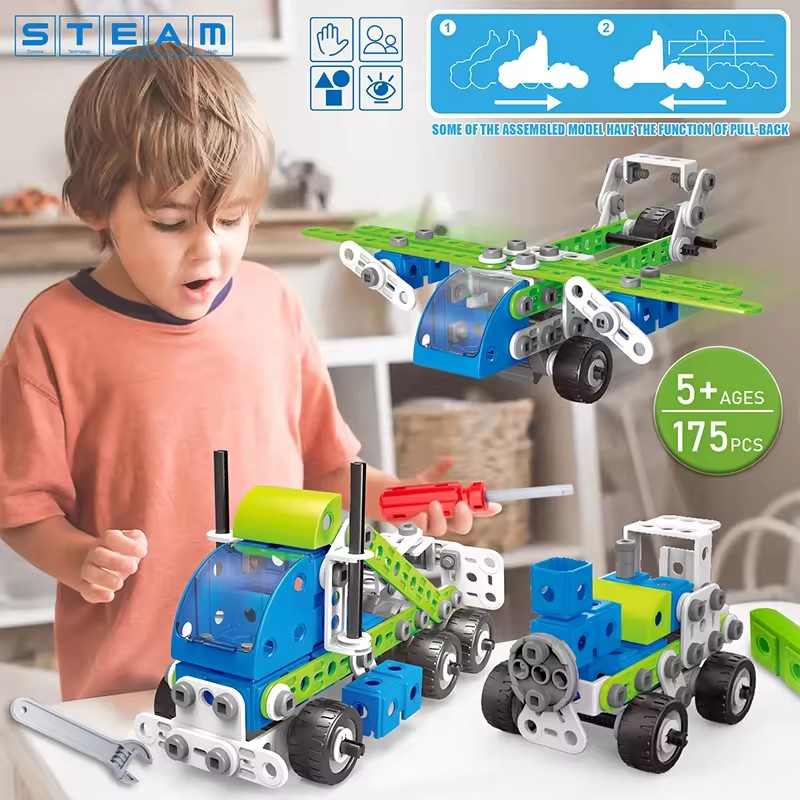The toy industry in Europe and America has long been a barometer for cultural trends, technological advancements, and shifting consumer preferences. With a market worth billions, toys are not just a means of entertainment but also a reflection of societal values and educational priorities. This article explores the current state of the toy industry in Europe and America, highlighting key trends, challenges, and future prospects.
One of the most significant trends in the toy industry is the focus on STEM (science, technology, engineering, and mathematics) education. Parents and educators alike are seeking toys that promote learning and prepare children for a future where these subjects are paramount. Robotics kits, coding games, and experimental playthings that encourage critical thinking and problem-solving are gaining immense popularity. These toys are not just entertaining but also serve as powerful educational tools that help children develop skills that are highly valued in the modern workforce.


Sustainability is another major trend shaping the toy industry. Consumers are becoming more environmentally conscious, and this is reflected in their purchasing decisions. Toy manufacturers are responding by using recycled materials, reducing plastic use, and adopting eco-friendly packaging. Some companies are taking it a step further by creating toys from biodegradable materials or incorporating plantable seed elements that can be planted after use. This shift towards sustainability not only reduces the environmental impact of toys but also teaches children about the importance of preserving our planet.
The digital revolution has also had a profound impact on the toy industry. Augmented reality (AR) and virtual reality (VR) technologies are being incorporated into traditional toys, blurring the lines between physical and digital play. AR toys layer interactive digital content onto the real world, while VR toys immerse users in entirely new environments. These technologies offer immersive play experiences that engage children in new ways, fostering creativity and imagination.
Technology has also enabled connected toys that can sync with smartphones, tablets, and other devices. Smart toys equipped with AI capabilities can adapt to a child's play style, offering personalized experiences. They can also provide educational content tailored to the child's age and learning level, making learning a seamless part of playtime.
However, the rise of technology in toys is not without controversy. Privacy and security concerns have become major issues, especially as toys increasingly collect and transmit data. Connected toys must adhere to strict privacy regulations, and manufacturers must ensure that their products are secure against hacking and data breaches. As the line between toys and technology blurs, it is crucial for the industry to address these concerns to maintain consumer trust.
Social responsibility is another area where the toy industry is evolving. Inclusivity and diversity are becoming central themes in toy design, with companies working to represent a broader spectrum of races, abilities, and genders. Toys that celebrate differences and promote empathy are increasingly prevalent, helping children develop a more inclusive worldview from a young age. Additionally, toys that encourage cooperative play and teamwork are gaining traction, reflecting the value placed on social skills and collaboration in today's society.
Looking ahead, the toy industry in Europe and America is poised for continued growth and innovation. As technology advances and consumer preferences evolve, toys will continue to adapt, offering new forms of play and learning. Sustainability and social responsibility will remain at the forefront of industry priorities, guiding the development of toys that are not only enjoyable but also responsible and educational.
In conclusion, the toy industry in Europe and America is undergoing significant changes driven by technology, education, sustainability, and societal values. While these changes present challenges, they also offer opportunities for innovation and evolution in the way we play and learn. Toys are not just objects of play; they are a mirror reflecting our culture and a tool shaping the next generation. As the industry moves forward, it is essential for manufacturers, parents, and educators to work together to ensure that toys enrich the lives of children while addressing the broader responsibilities they carry.
Post time: Jun-13-2024



